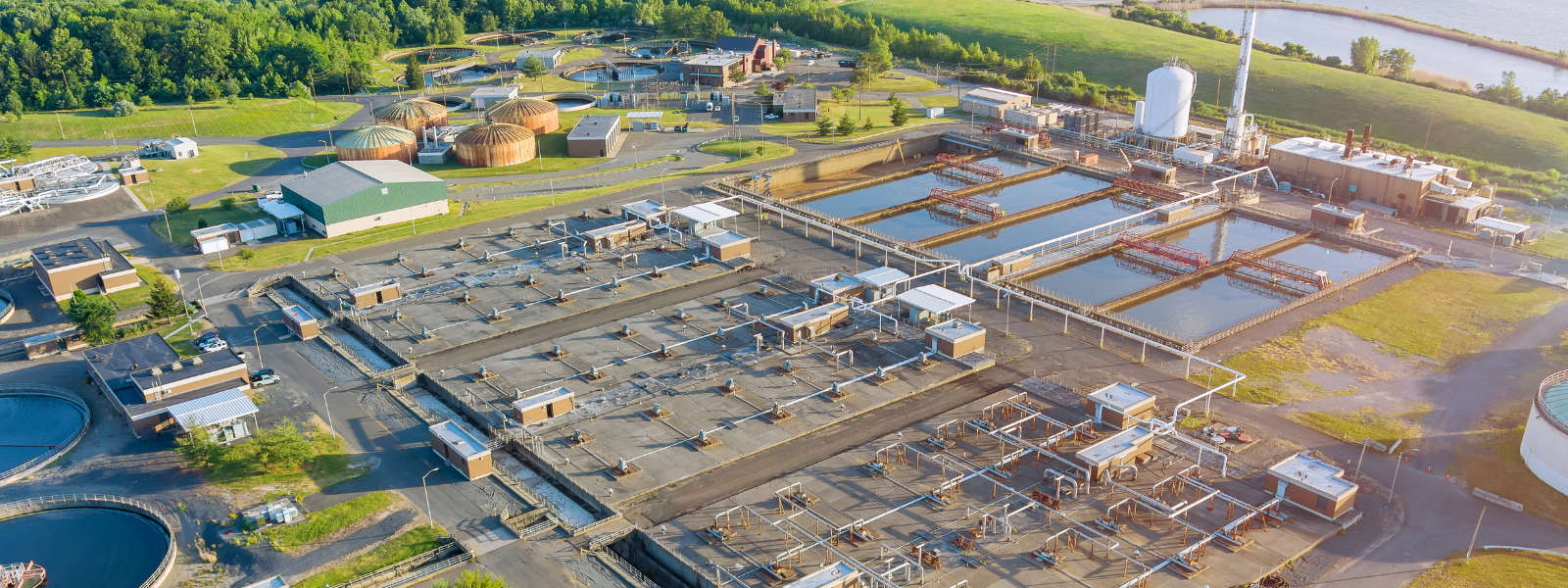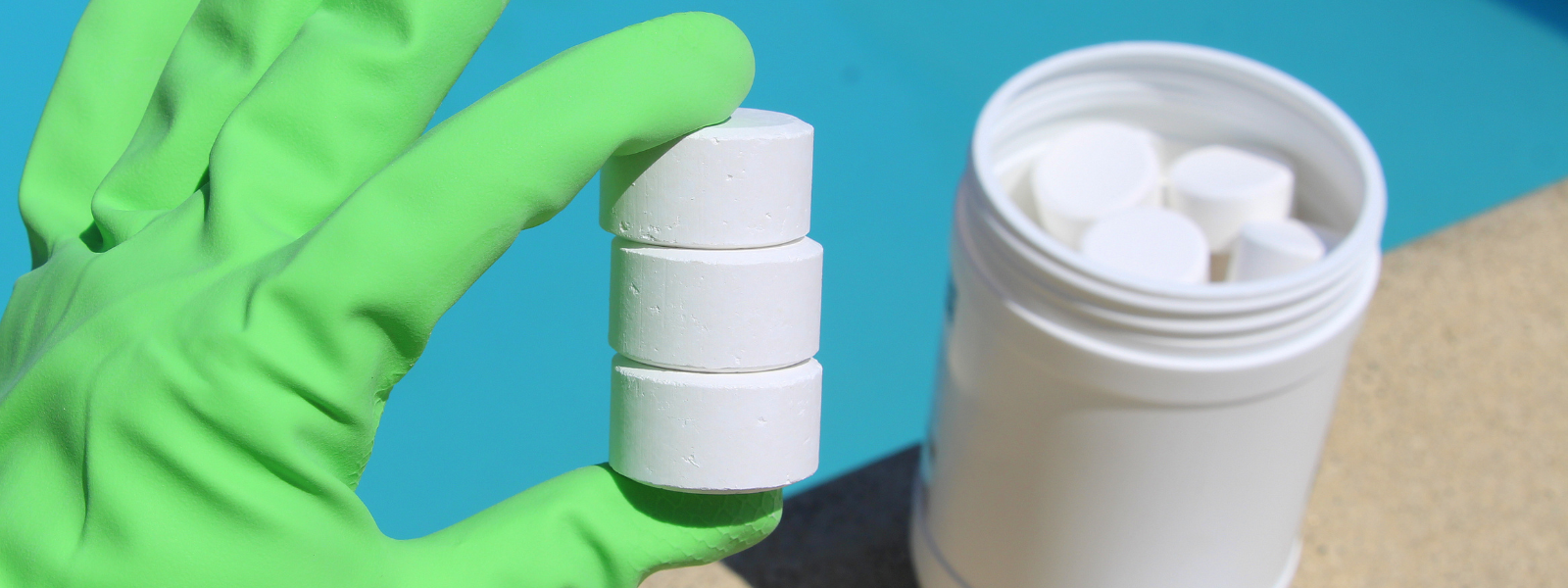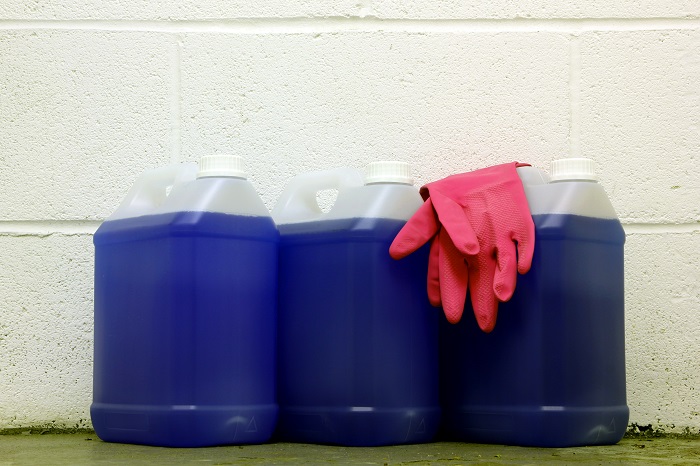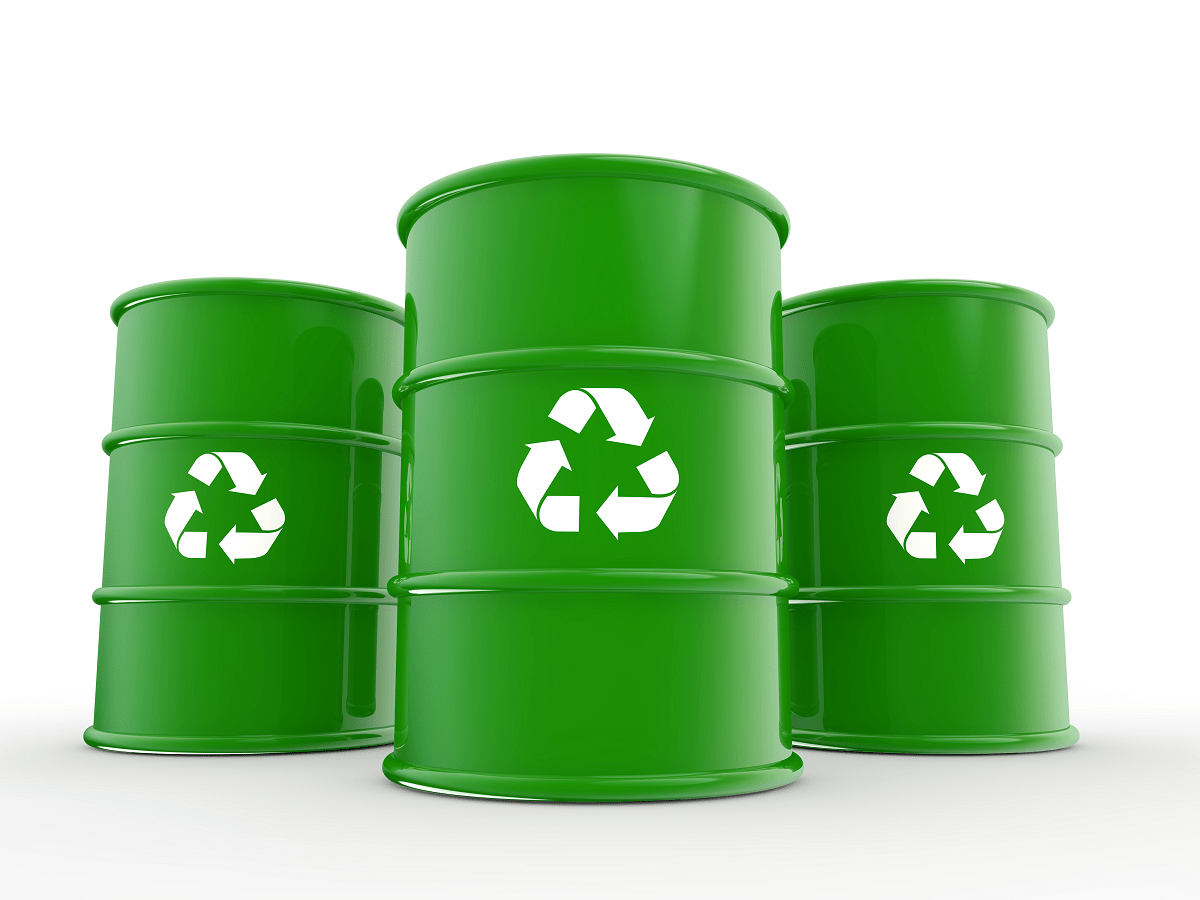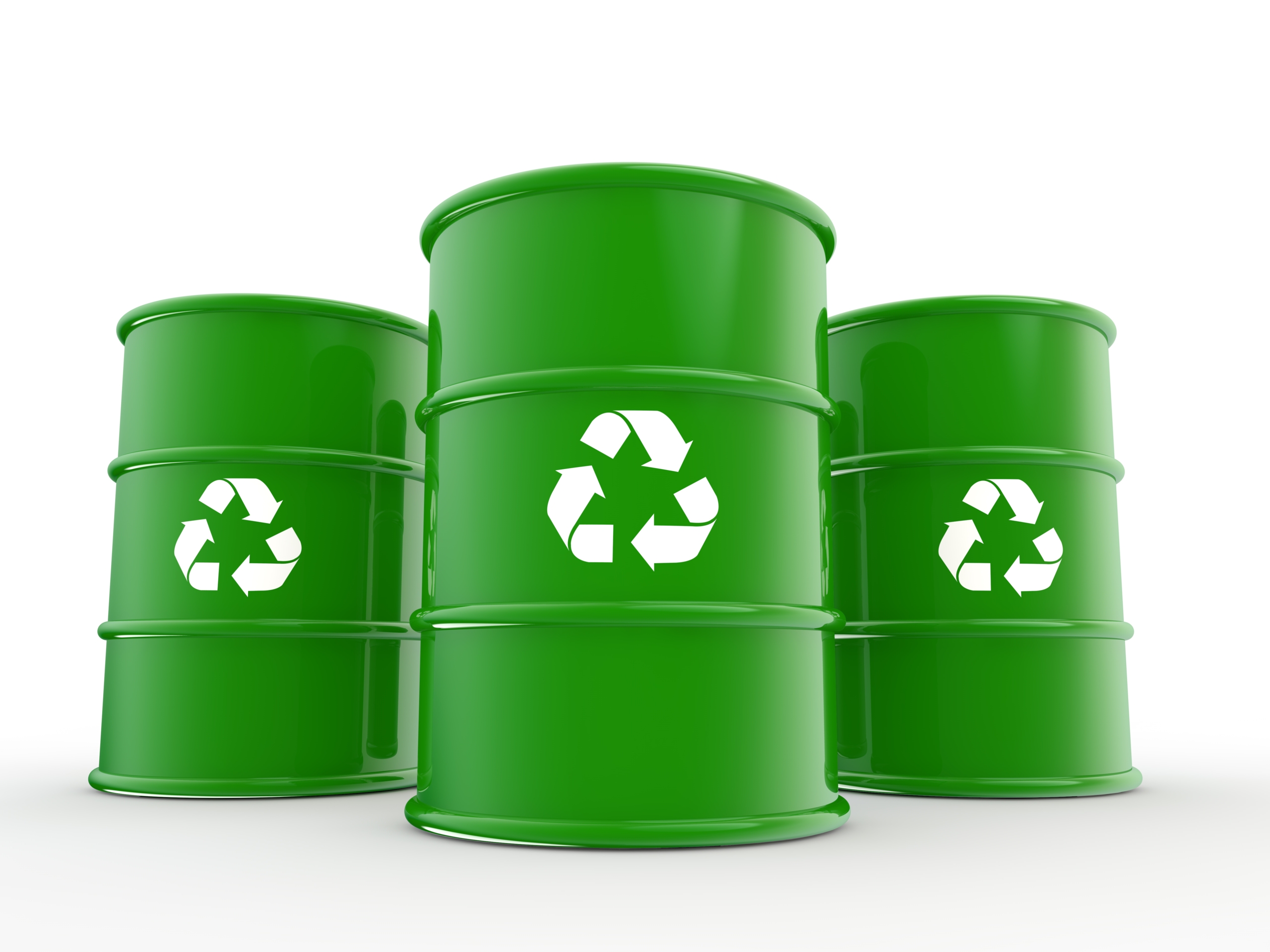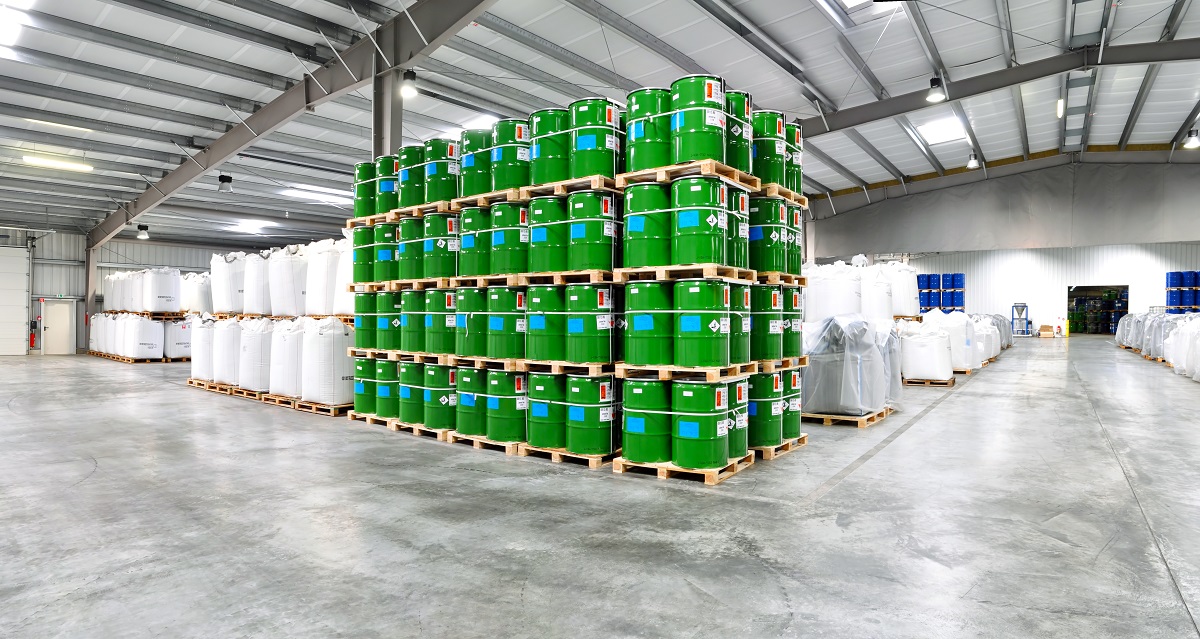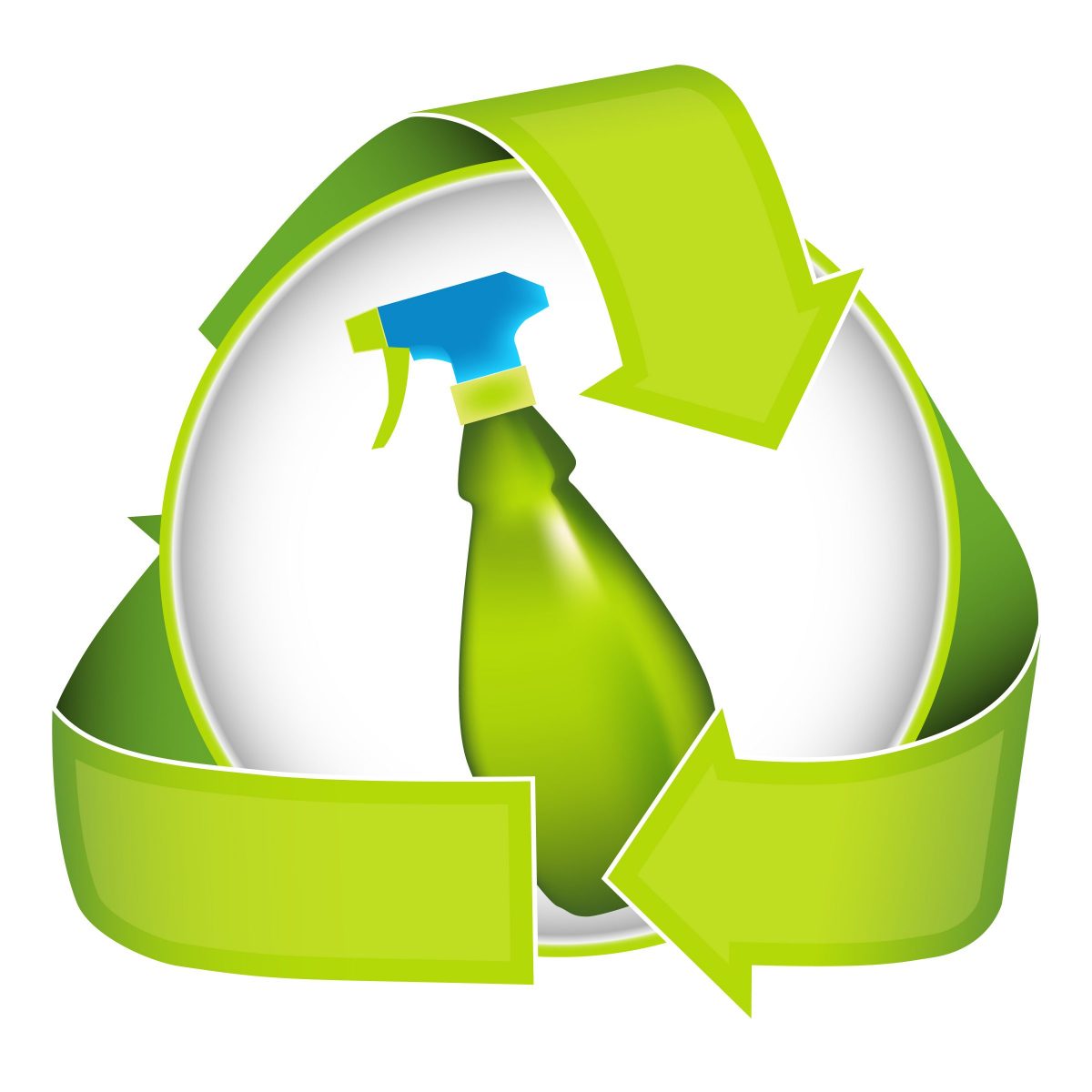As more dangers of PFAS come to light, the Environmental Protection Agency (EPA) continues to implement new strategies to minimize these toxic...
Blog


CHEMICAL INDUSTRY NEWS
Chemical Chat – Discover What’s New!
Exploring Chlorinated Solvents Uses in Industrial Applications
Chlorinated solvents have an abundance of uses in industrial applications. They are a chemical compound made up of two carbon atoms and at least one...
Chlorinated Solvents in Groundwater: Impact and Solution
There are a variety of uses for chlorinated solvents, including being used in metal cleaning and polyvinylchloride (PVC) products. However, these...
Chlorinated Solvents Health Effects: Understanding Risks and Precautions
Chlorinated solvents or organochlorines are organic solvents bonded with chlorine atoms. They are generally utilized...
Exploring Chlorinated Solvents Uses in Industrial Applications
Chlorinated solvents have an abundance of uses in industrial applications. They are a chemical compound made up of two...
Company News
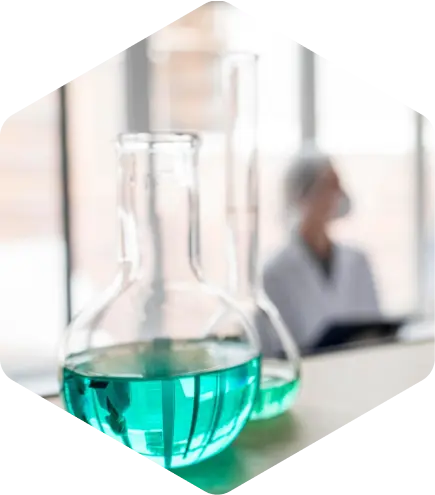
Managed Services
Discover the Latest in Safe and Sustainable Chemical Solutions
Stay informed with Ecolink’s blog! Subscribe now
Chemical Management Information
Stay updated with us
Sign Up for the Latest Updates
Stay informed about chemical supply chain disruptions and emerging innovations to keep your business at the forefront of efficiency and innovation. Uncover new ways to make your business practices more sustainable by incorporating safer products into your cleaning lineup.





